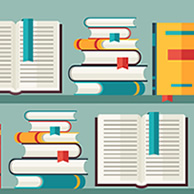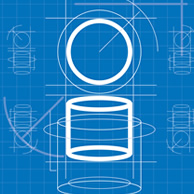
Copyright is used to prevent unauthorised copying of a range of original works such as literary works (including databases and computer programs), dramatic, musical and artistic works, sound recordings, films and broadcasts. The artistic merit of the work is not generally of relevance – indeed copyright can exist in a business letter just as much as in a prize-winning novel. The key criterion is that the work must be original, although not necessarily inventive, ingenious or imaginative.
Copyright does not generally require registration, and rights arise automatically upon creation of a copyright work. Copyright usually lasts 70 years past the death of the originator and protects the work itself and not the underlying ideas or concept. Independent production of any work, no matter how similar, will not infringe copyright.
Nash Matthews undertakes a wide variety of copyright related matters including:
Copyright ownership. The author of the work is normally the owner of copyright, but exceptions do arise, particularly for employees and commissioned works. Ownership of a work does not necessarily imply ownership of copyright in that work. For instance, purchasing a painting does not normally involve the copyright passing from the painter to the buyer, unless explicitly agreed. As the buyer, you own the painting, but may not have the right to copy it, say for reproduction in a book.
Dealings in copyright. Copyright can be bought, sold, and licensed just like any other property.
Copyright abroad. Some countries, notably the USA, have registration systems, and it can be advisable to register copyright in those countries.
Record keeping. It is important to keep records of when works were created and by whom, to establish the existence and ownership of copyright.
Marking of copyright works. It is advisable to mark works with the © symbol, the name of the copyright owner and the year of publication.
Enforcement. Court proceedings can be used to stop copyright infringement and to obtain an award of damages to compensate for resulting losses.



